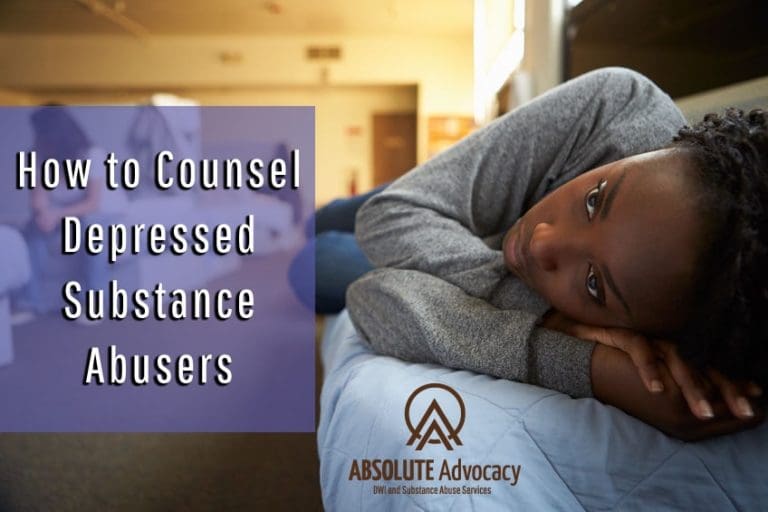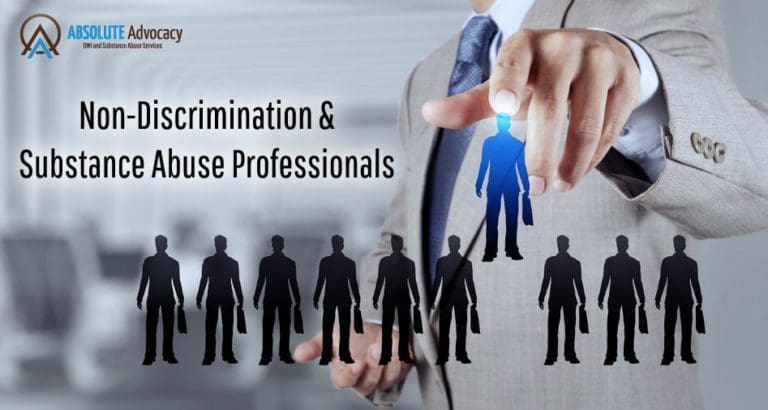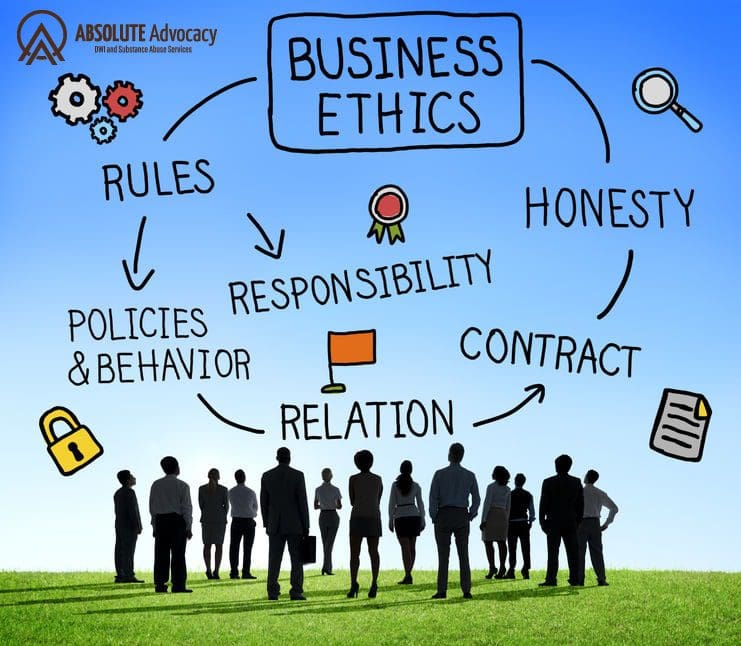Negative to Positive: How to Counsel Depressed Substance Users
Substance abuse counselors face unique challenges, one of which is how to counsel a depressed substance user. Rooting out abusive habits, addressing addiction and dependency, and coming out on top is tough. Some struggle more than others, especially when depression becomes a factor of recovery. Depressive symptoms can hit an addicted individual before, during, and…




